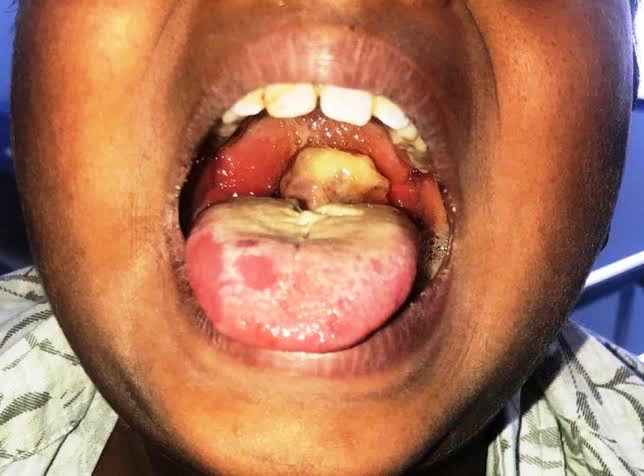A serious infection of the nose and throat that’s easily preventable by a vaccine. It is also A sheet of thick, grey matter covers the back of the throat, making breathing hard and this is called Diphtheria. Diphtheria is a highly contagious vaccine-preventable disease caused mainly by the bacteria Corynebacterium diphtheriae which can be fatal in 5-10% of cases, with a higher mortality rate in young children.
- Just a quick fact to discuss the severity of this bacterial infection, Since epidemiological week 26, ending 2 July 2023, Nigeria has recorded an unusual increase in cases of diphtheria across several states. From 30 June to 31 August 2023, a total of 5898 suspected cases were reported from 59 Local Government Areas (LGAs) in 11 states.
- Just so you know, Diphtheria bacteria spread from person to person, usually through respiratory droplets, like from coughing or sneezing. People can also get sick from touching infected open sores or ulcers.
Four Causes of Diphtheria
- Diphtheria Bacteria
According to an article published by Cleveland Clinic on the 6th of April , 2022, Diphtheria is caused by bacteria adhering to the lining of your respiratory system. These bacteria generate a toxin that damages your respiratory tissue cells. Within two or three days, the tissue left behind forms a bulky, grey coating. This coating has the potential to cover tissues in your voice box, throat, nose and tonsils. For the infected person, breathing and swallowing become hard to do.
- Airborne droplets.
Gotten from an article published by Mayo Clinic, When an infected person’s sneeze or cough releases a mist of contaminated droplets, people nearby may inhale C. diphtheriae. Diphtheria spreads easily this way, especially in crowded conditions.
- Contaminated personal or household items.
People sometimes catch diphtheria from handling an infected person’s things, such as used tissues or hand towels, that may be contaminated with the bacteria.
- Touching an infected person
Touching an infected wound also can transfer diphtheria-causing bacteria. People who have been infected by the diphtheria bacteria and who haven’t been treated can infect people who haven’t had the diphtheria vaccine even if they don’t show any symptoms.
Finally: If Diphtheria is left untreated, it can lead to complications like breathing problems, heart damage and even nerve damage. So, Call your family doctor immediately if you or your child has been exposed to someone with diphtheria. If you’re not sure whether your child has been vaccinated against diphtheria, schedule an appointment. Make sure your own vaccinations are current.



